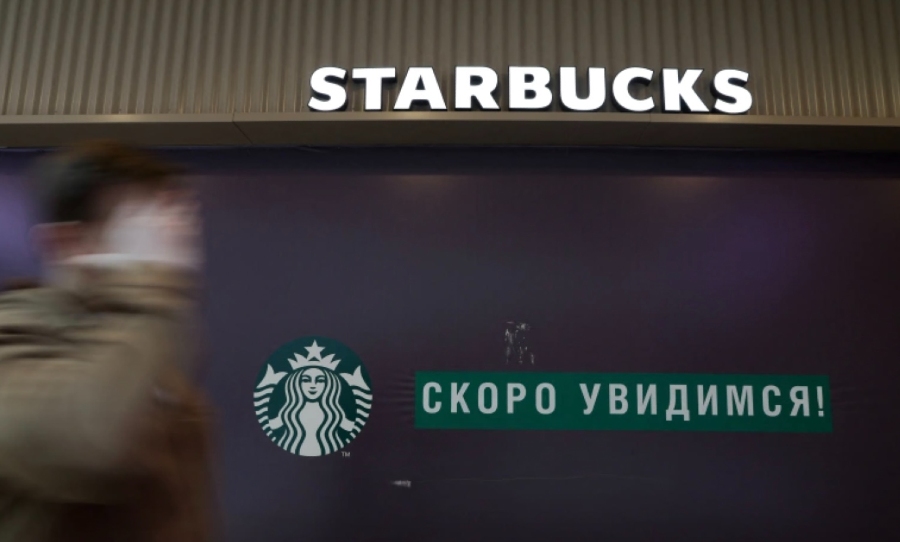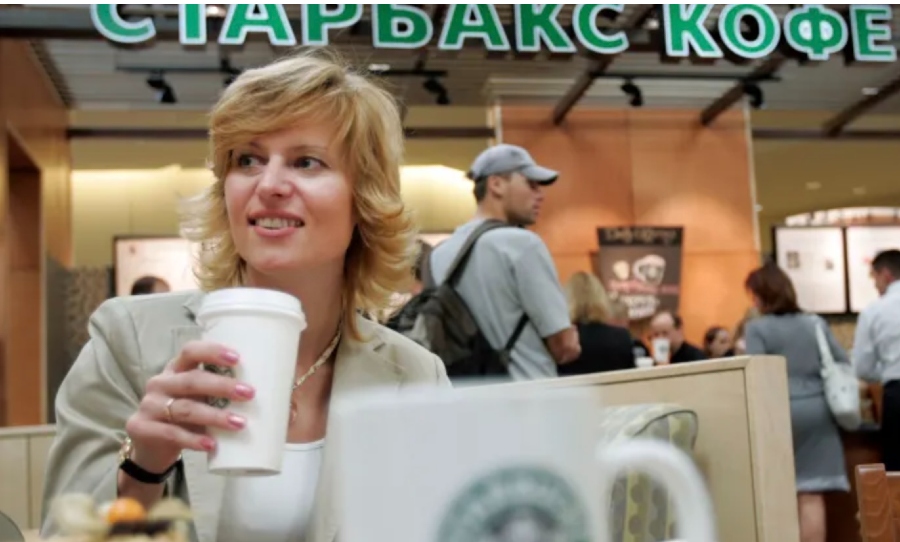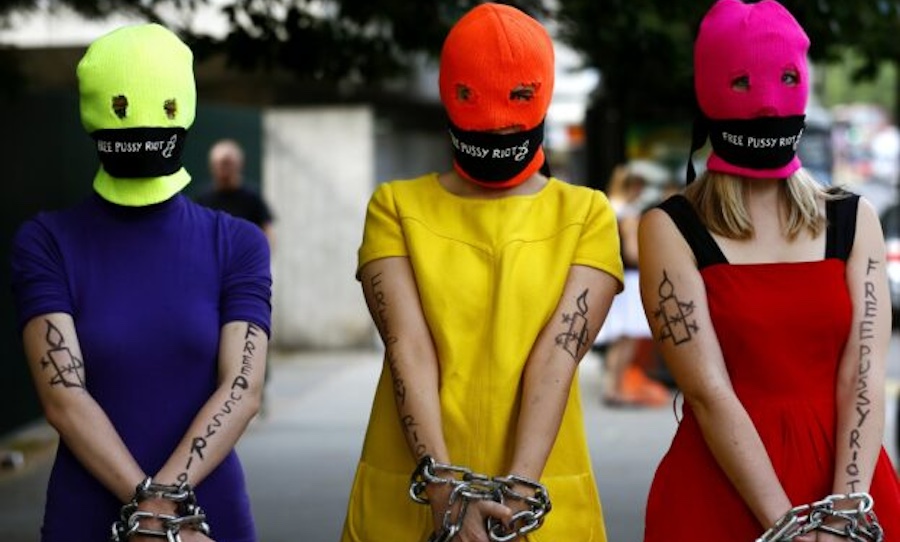Starbucks is joining McDonald’s, Exxon Mobil and British American Tobacco in a growing list of Western companies leaving Russia.
First opening its stores in Russia 15 years ago, Starbucks is shutting its doors and leaving the country. The business in Russia earns the company less than 1% of its annual revenue across the 130 stores throughout Russia. It’s not yet certain how much closing the stores will cost the business.
The revered Seattle company has confirmed it will pay its almost 2,000 employees working in Russia over 6 months while they look for new employment. Writing to colleagues in March before retiring as CEO, Kevin Johnson wrote: “We condemn the unprovoked, unjust and horrific attacks on Ukraine by Russia, and our hearts go out to all those affected.”

“The invasion and humanitarian impact of this war are devastating and create a ripple effect that is felt throughout the world.”
Both investors and consumers have continued to pressure all companies doing business in Russia, to leave. Starbucks is one of many. Despite shutting its doors and ceasing business operations since March 8, this move to leave altogether is a strong statement of protest.
Starbucks released the company’s quarterly’s in early May, but didn’t divulge the cost of suspending business operations. Johnson, however, has pledged to donate all royalties from the Russian business to humanitarian causes.
Like Starbucks, McDonald’s Corp. quit the country this month. The company sold its business to a former Siberian coal mine owner. The pivotal move put an end to an era that began in 1990 when thousands lined the streets in Moscow’s Pushkin Square for the opening of its first branch. A note to employees from McDonald’s boss Chris Kempczinski blamed this departure on “the humanitarian crisis caused by the war.”
As the war’s end is still unsure, the West and Russia are more divided than ever. Any influence or camaraderie we had is getting boxed up with household brands.



